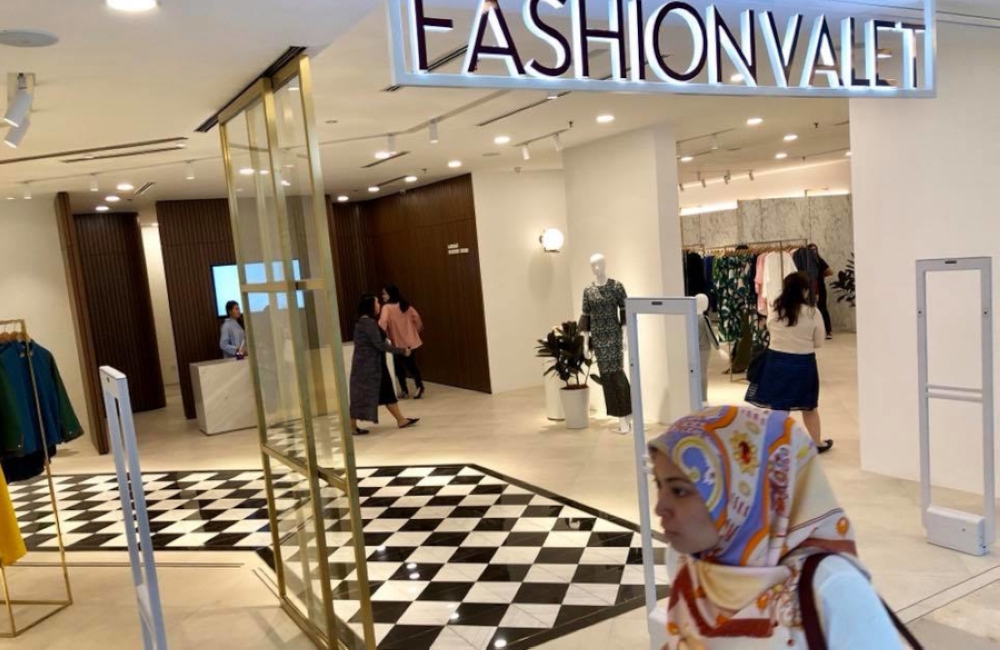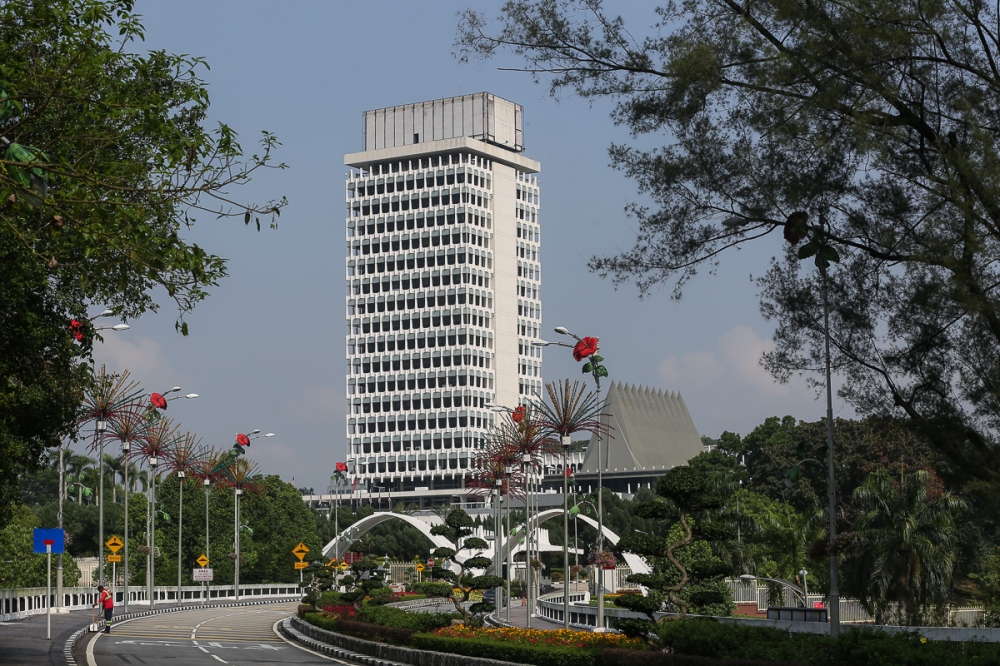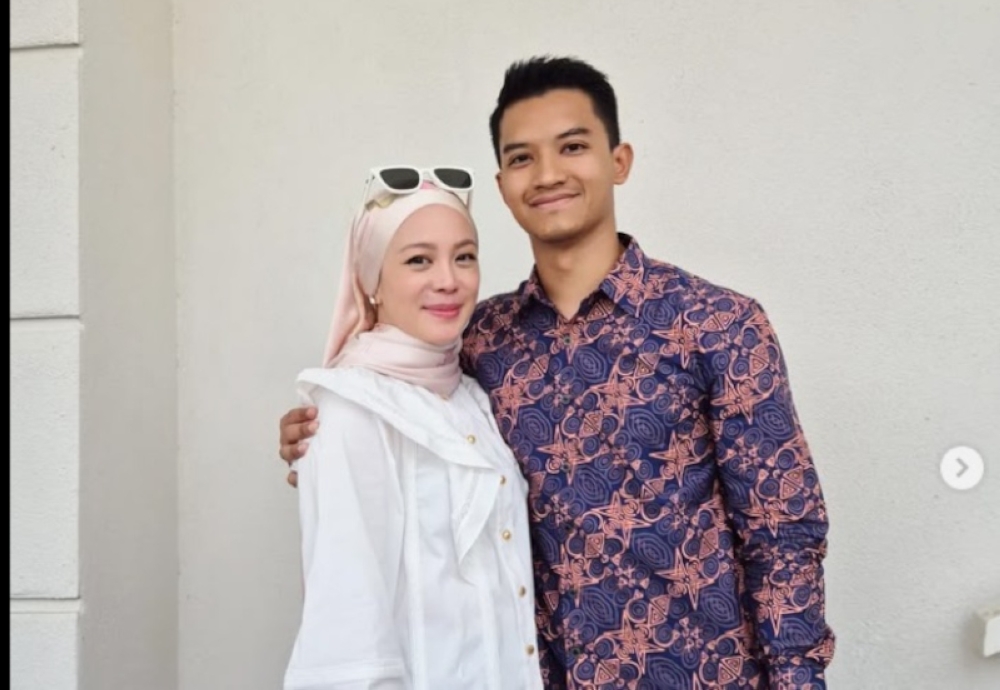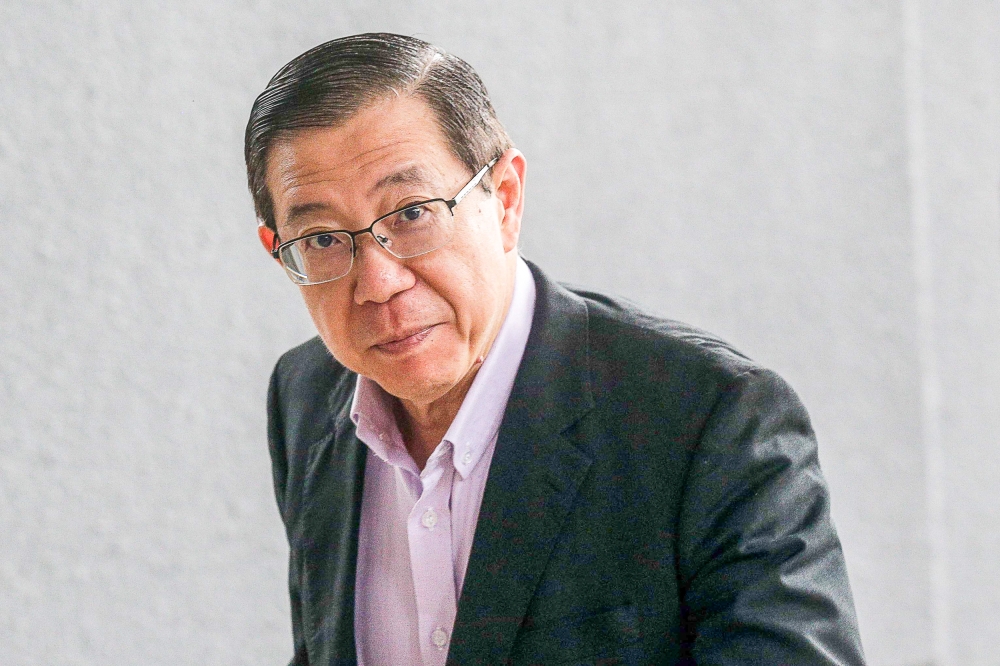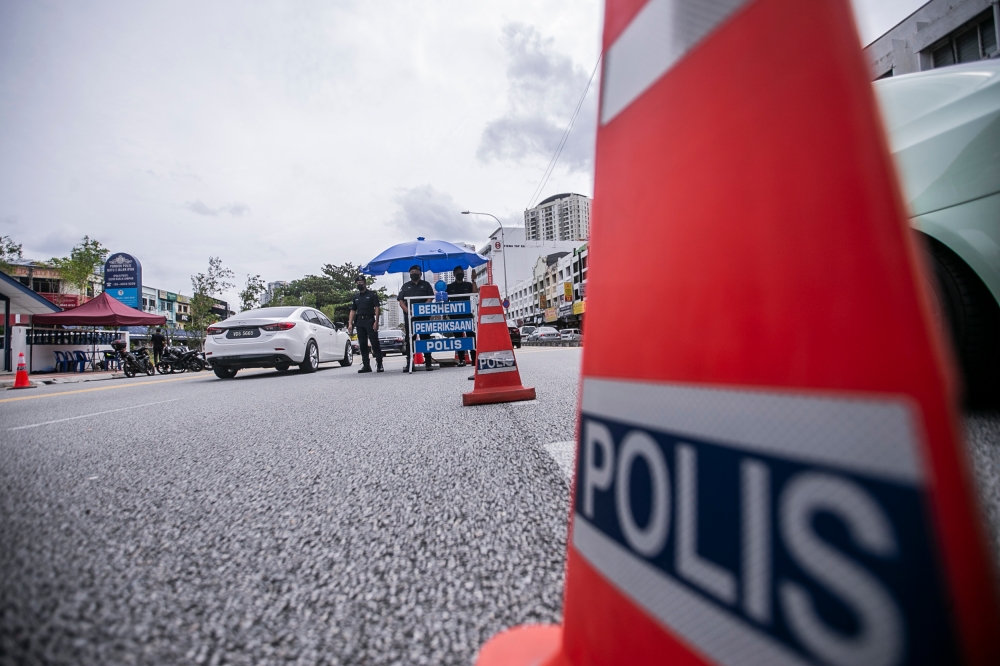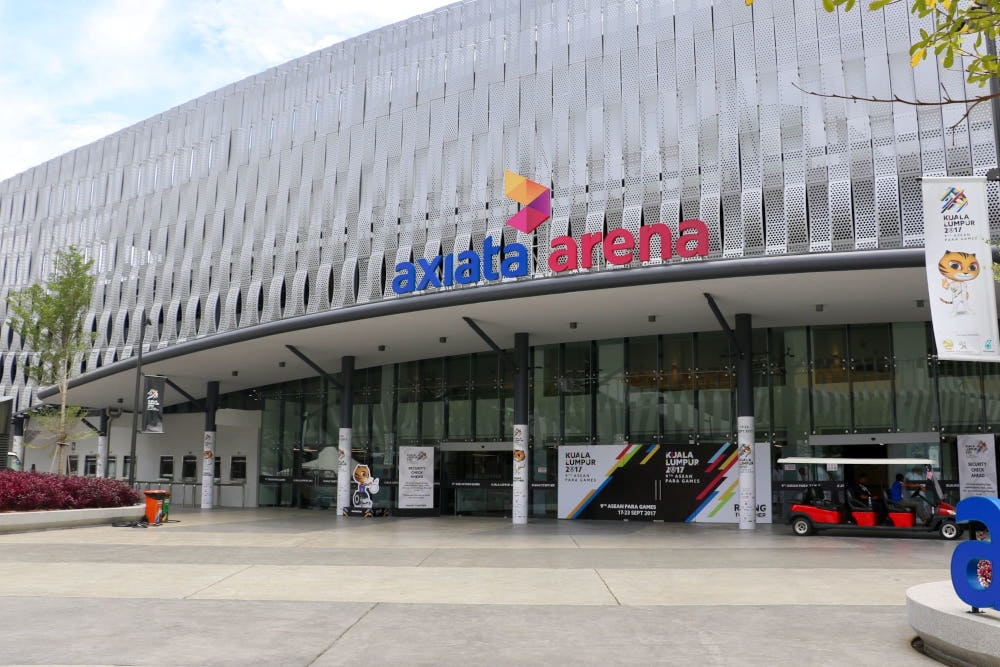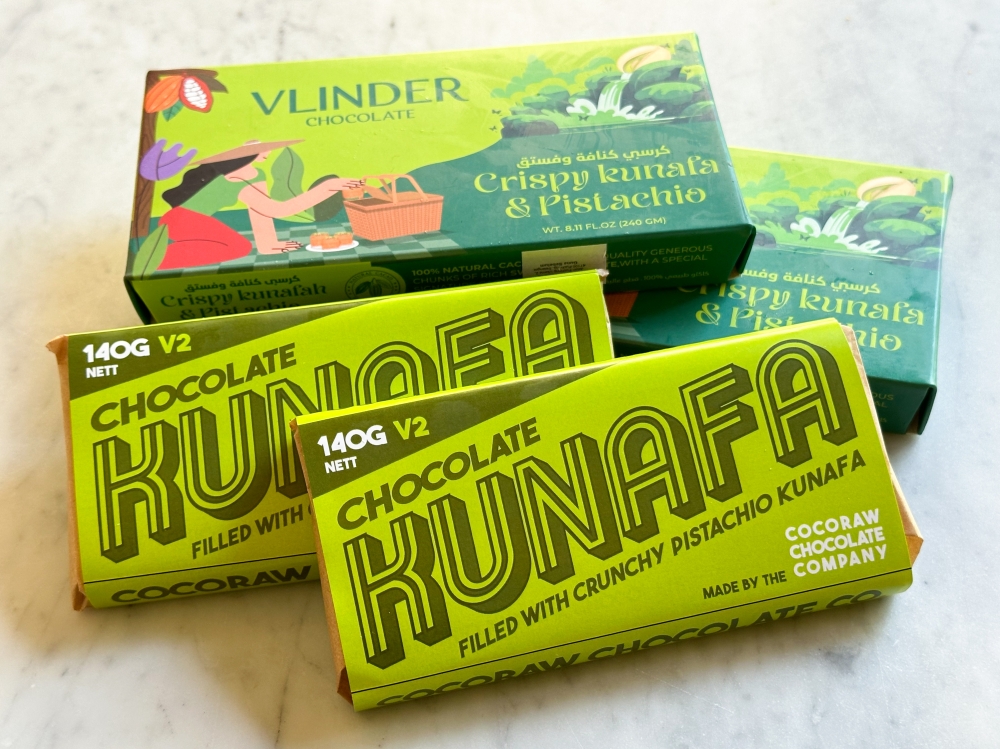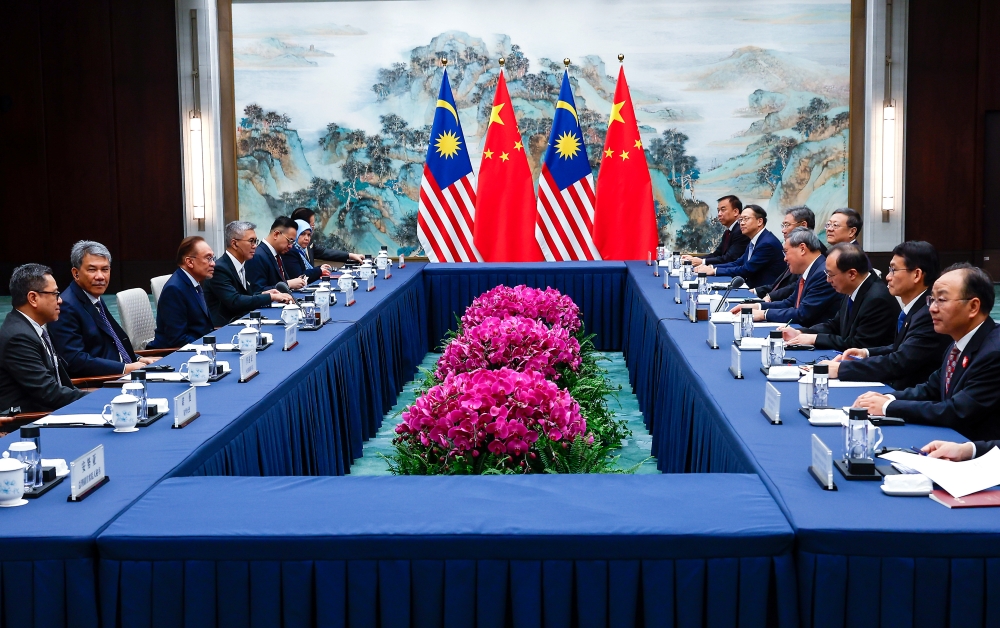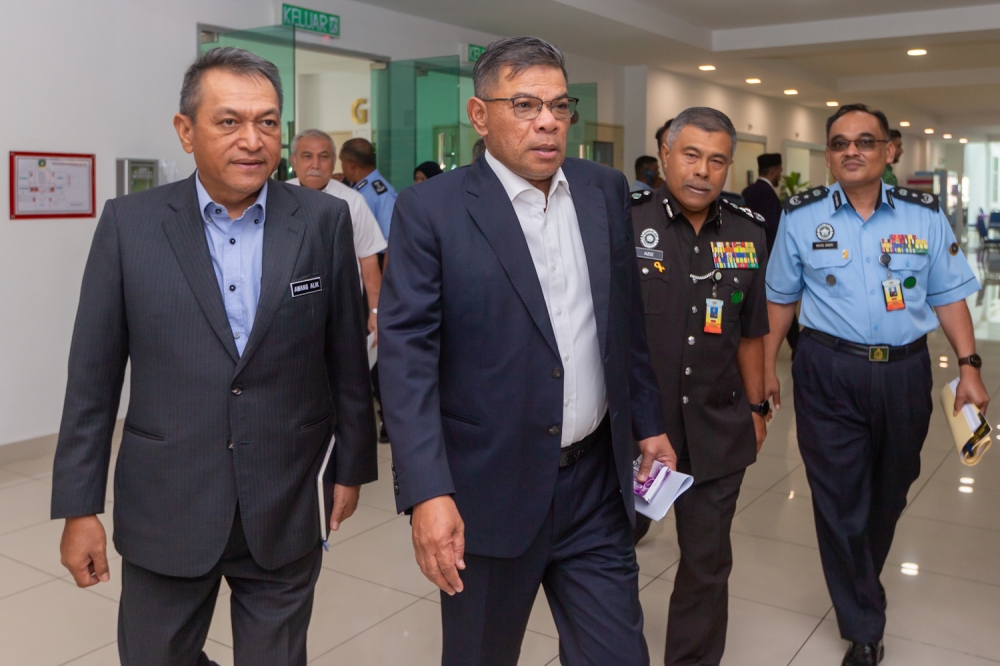KUALA LUMPUR, March 25 — You can’t bring a horse to the water, the saying goes. Yet in many businesses, that’s exactly how training (or “human resource development” to use a fancier MBA term) is approached. Learn this, do it this way, and so on.
The result can be a dismaying, cookie cutter standard of production and service; not an uncommon complaint in the food-and-beverage (F&B) industry. Sometimes what it takes is someone who has a foot in two worlds to find a new way of bringing out the best in that most important asset of business: the people.
Enter Masahiro Aoki, a Japanese master barista trainer and coffee consultant. He currently heads Artelier Coffee x Kitchen, a boutique cafe located at Pavilion Kuala Lumpur and has been grooming Malaysian baristas since 2011.
Prior to becoming a fixture in KL’s coffee scene, having judged at various Malaysia Barista Championships, he apprenticed under three-time Japan Barista Champion Chihiro Yokyoyama and helped launch outlets of German-based Darumiya Coffee in Japan and Korea.

Today, two of his apprentices at Artelier, Rain Lee and her younger brother Alan Lee, have taken part successfully in various barista competitions and are deemed ready to lead their own teams and manage the café. What’s the secret behind their mentor’s succession planning strategy?
Grinning, Aoki shares a bit of his philosophy: “I like challenging my guys but without challenging them. It’s not about forcing them to do things but sharing your knowledge and experience, and if they’re interested, if they have the right potential, they will ask more and do more."
One way he does this is by having them join competitions, not to become champion baristas, but to learn outside the comfort zone of their café and inthe unfamiliar glare of a stage. Rain says, “I had only joined as a barista for six months, when he asked me to join the Battle of Baristas competition in Penang. I was terrified but looking back, it was a turning point for me, to find out if I’m interested in coffee as a career.”
Five years later, Rain is now an experienced senior barista and recently a finalist at the Malaysia Barista Championship 2018. In the interim, so convinced was she of the business of specialty coffee, she persuaded her brother to join her; he had previously worked as a waiter and cook in Japanese restaurant.

Alan has now been a barista for a year and a half, improving by leaps and bounds thanks to his sister’s support and Aoki’s tutelage. The 24-year-old, also a finalist at the Malaysia Barista Championship 2018, recalls, “Masa-san taught us that it’s about sharing. That when we get excited about good coffee, we can share that excitement with our customers. But it’s also about understanding who they are: where they’re coming from and what they’re after.”
Aoki notes, having trained Japanese baristas in Tokyo too, that there is a clear difference of learning styles between his countrymen and Malaysians. He says, “Baristas in Japan tend to be more shy. They listen and follow instructions really well, but sometimes that’s a bit too robotic. Malaysians tend to be more curious and would ask you why they have to do something a certain way.”
Therefore, the seasoned trainer believes in adapting to the needs of his team, depending on their background. He observed that Rain, when she first started, was more like a Japanese in that she didn’t ask any questions. So he waited, noting that she paid attention to how he was making coffee, till she finally asked her first question.
He says,“That takes a lot of patience but also faith that you have hired the right person. After that first question, it became easier for her to ask more questions and learn. Alan, on the other hand, because of his prior F&B experience, I could see he worried more about the product. So I’d ask him to make me a cup from time to time, whether brewing filter coffee or pulling an espresso shot, not as a test, but he soon saw that as an opportunity to improve his technique.”

If that management style doesn’t sound particularly Japanese, it’s perhaps revealing that Aoki had himself trained with a diverse group of coffee specialists such as Sherri Johns, founder of SCCA (Specialty Coffee Association of America); Justin Metcalf, a head judge for the World Barista Championships; and Paul Basset, the 2003 World Barista Champion.
Little wonder Aoki understands the power of building a tight team. At Artelier, the sense of camaraderie is palpable. Alan may be the junior but he beat Rain once during a competition’s semi-final round. This isn’t sibling rivalry as it is Rain who recounts this with sisterly pride.
Aoki says, “It’s not about being aggressive but competitive in a curious, wanting to learn more, sort of way. I’d challenge myself, for example, when Alan pours a particularly beautiful latte art and have the entire team take part in an impromptu latte art ‘contest’ at the café. The ‘stage’ doesn’t matter. Everyone has a winning character. If you can find it, you are a champion.”
Succession planning also entails giving employees something to look forward to. Aoki wants them to see more than just a clear career path but also opportunities for further education and networking; to explore not only the worlds beyond the café but also the worlds within themselves.
For Alan, this journey had him going from not drinking (and not caring much about) coffee to pursuing the craft as a form of relationship management. He says, “I’ve learned that it’s not enough simply to recommend coffee that I think is good, for example, but to truly understand what the customers enjoy and surprising them that way.”

His sister views a career in coffee as a vehicle to bring her around the world. “Coffee knowledge is something transferable. This became clear to me when Masa brought us on knowledge-sharing trips to various countries such as Japan, South Korea and Thailand. We’d make friends with other baristas everywhere — total strangers! That’s something I never imagined I could do in the past.”
Rain credits Aoki in helping her discover her true character. She says, “I strongly believe that this period — from when I was 23 till now, I’m 28 – is when you are figuring out who you are. If you follow the wrong person, the results might not be so positive.”
In doing so, her mentor didn’t only help her develop useful skills. She explains, “Masa also taught me how to be a good person, to never give up even when I failed many times during my early competitions. Finally, during my last competition, I could enjoy myself. To look out from the stage and see everyone, not just the judges but the audience too, listening closely to the story I was telling — that’s more meaningful than simply winning a championship.”
Aoki nods in approval, adding, “The most important thing is to enjoy the process.”
I realise he doesn’t just mean the process of learning about coffee or competing. For him, that means understanding his students deeply and helping them become better baristas... and better people too.
Artelier Coffee x Kitchen
Lot 2.75.00, Level 2, Pavilion Kuala Lumpur, Jalan Bukit Bintang, Kuala Lumpur
Open daily 10am-10pm

